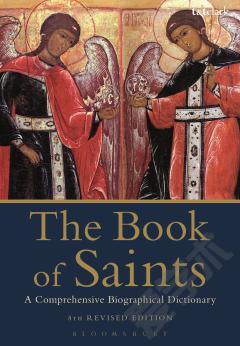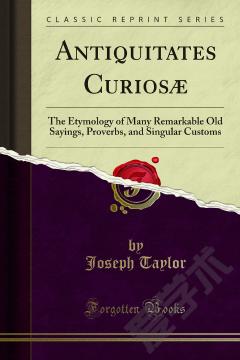A Dictionary of Biography —— Comprising the Most Eminent Characters of All Ages, Nations, and Professions
-----
Aet us, a Roman general, was a na tive of Mmsia, but of descent. He learned the art of war: under Alaric, to whom he had been given as a hostage. When the usurper John attempted to seize the throne, Aettus raised for him an army of Huns, but he subsequently submitted to Valentinian, who took him into favour, and conferred on him the title of count. A ri valship for power ensued between him and Count Boniface, which terminated in the death of the latter, who was slain in bat tle. The character of Aetius was stained, in this strug le, by the unworthy means to which he ha recourse. He soon, howev er, covered himself with glory b his con duct in Gaul. After havin tllrice van quished the Burgundians an Franks, he marched against the terrible Attila, who had invaded Gaul with innumerable hordes of Huns. A decisive battle was fought, in 451, on the plains of Chalons, in which Attila was entirely defeated; more than three hundred thousand men fell on both sides. The fame which the victor thus acquired excited the jealousy and fears of the dastardly Valenttnian, who, in 454, invited him to the imperial ace, and sud denl assassinated him wi his own hand. A ranius, Lucws, a Latin comic poet, lived about a century a. C. Cicero and Quintillian mention him with praise; Horace speaks of him as an imitator of Menander. He did not, however, confine himself to sub'ects borrowed from the Greek theatre, at described the manners and satirised the follies of his country. Obscenity was the fault of his writings, all of which are now lost.
{{comment.content}}








 京公网安备 11010802027623号
京公网安备 11010802027623号